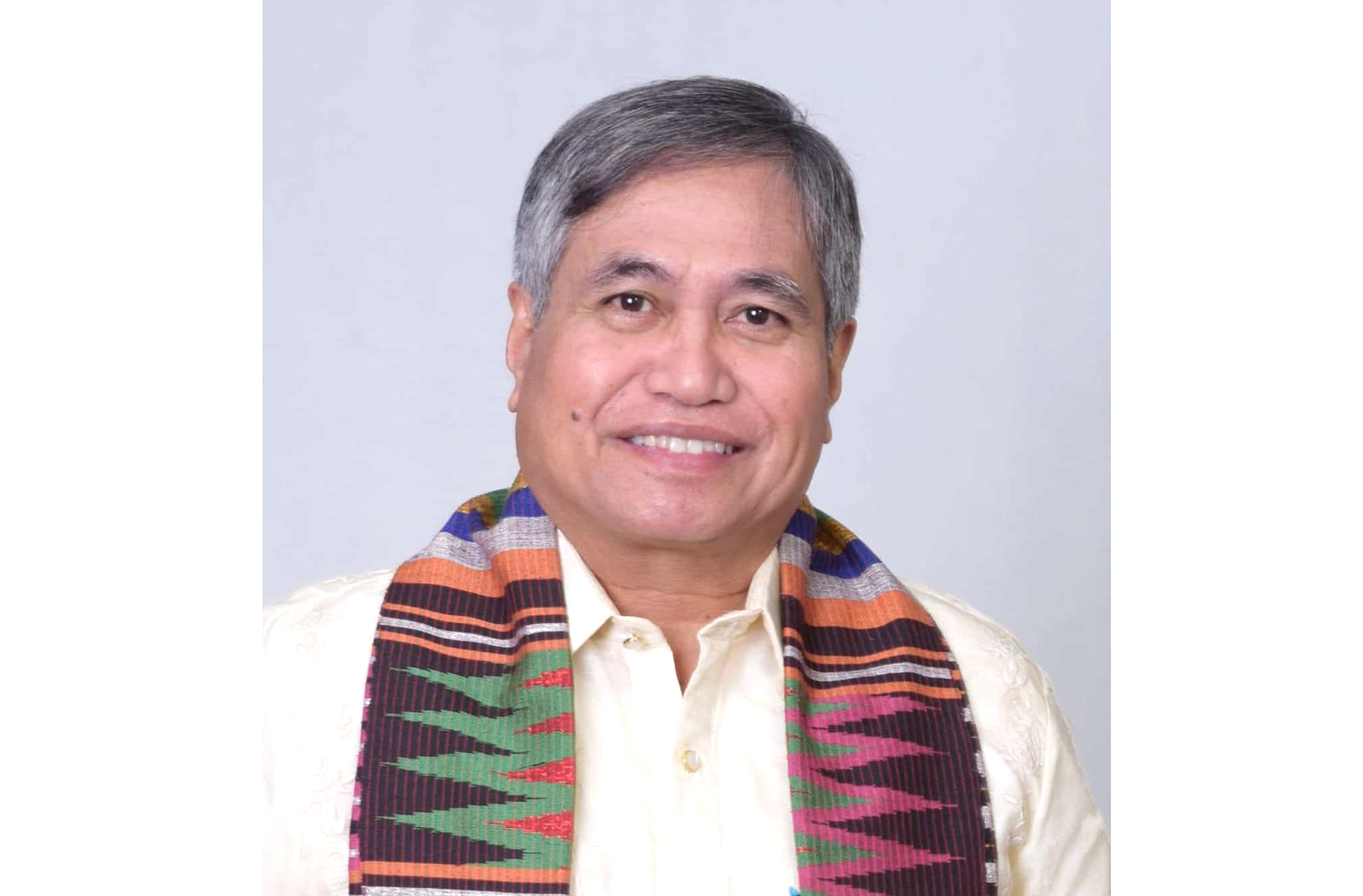FROM THE MARGINS

This week, we will celebrate a double holiday in the Philippines. Tomorrow is Araw ng Kagitingan, which commemorates the valor and heroism of Filipino veterans. On Wednesday, our Muslim brothers and sisters will celebrate Eid-al Fitr to mark the end of Ramadan.
I was on travel last week, meeting several organizations involved in microfinance, information technology, and core banking systems in Singapore and Jakarta, Indonesia. These meetings deepened my understanding of data center management and how new technologies, like artificial intelligence (AI), could be used to prevent operations disruption. I am grateful to everyone who shared their precious time with us, especially my friends from Dompet Dhuafa, one of Indonesia’s largest philanthropic organizations. Like my organization, CARD MRI, Dompet Dhuafa is also a Ramon Magsaysay Awardee. It was cited by the Ramon Magsaysay Award Foundation (RMAF) “for redefining the zakat-based philanthropy in Indonesia, unleashing the potential of the Islamic faith to uplift the lives of millions.”
Zakat is a cornerstone of the Islamic faith. It refers to the obligation of all Muslims to donate a portion of their wealth to charitable causes. It is observed especially during Eid-al Fitr, since its main purpose is to enable poor people to celebrate the month-long fast of Ramadan. It plays a significant role in the circulation of wealth within Islamic societies.
From charity to empowerment
Dompet Dhuafa’s phenomenal growth is a testament to how they have transformed traditional zakat philosophy from simple “charity” to “empowerment,” funding social development projects aimed at building self-reliant communities and capacitating the poor through programs of economic assistance, health services, education and training, among others. Forging collaborations is one of its key strategies, and I am proud that CARD MRI is one of its partners.
I am glad to meet their new chairman, Mr. Ahmad Juwaini, together with other officials and their colleagues, Rini Supri Hartanti and Haryo Mojopahit, who have worked with us previously. I was very excited to learn more about their programs, especially health care for the poor and disaster assistance, as well as the different social enterprises that they are implementing in disadvantaged communities.
Paglambo project
I was still the managing director of CARD MRI when I first met the leaders of Dompet Dhuafa during the RMAF awarding ceremonies in 2016. It was auspicious, as we were then exploring ways to provide much-needed help to impoverished Muslim communities in Mindanao. Even then, we understood the need to tailor-fit our financial and social services with Muslim culture, but our knowledge was limited. We visited Dompet Dhuafa’s operations in Indonesia and in turn, they visited our organization so we could forge a partnership. I am very thankful to RMAF for facilitating those series of interaction and exposure programs.
During those pivotal exchanges, Dompet Dhuafa introduced us to the concept of Shari’ah-compliant microfinance services as practiced in Indonesia, along with the fundamental principles of Islamic financing under Shari’ah law. This laid the groundwork for the Shariah-inspired program that we established in 2017, called the Paglambo project. Patterned after Dompet Dhuafa’s effective Islamic microfinance and banking practices, the project serves the unique needs of Muslim communities.
Since its inception, the Paglambo project has shown consistent growth – testament to how urgently our impoverished Muslim brothers and sisters need help. By the close of its inaugural year, the project expanded to 15 units across seven areas. By 2023, its outreach had broadened to 65 units spread over 15 areas across Mindanao. Membership also grew. From initially having only 56 members, growth was consistent, even during the pandemic. Membership climbed to 25,640 in 2020 and 48,108 in 2021. As of 2023, Paglambo’s membership count is at 85,605.
This expansion is reflected in the project’s capital build-up (CBU). From a modest ₱2.87 million in 2018, its CBU had reached ₱213.91 million in 2023. This is also mirrored in the annual disbursements, which rose from ₱3.54 million in 2018 to ₱105.94 million in 2023. The finance outstanding also recorded substantial growth, from ₱9.04 million in 2018 to ₱501.15 million in 2023. The repayment rate is very high, consistently at more than 99 percent since the program started. In 2021, its unit in Kapatagan, Maguindanao had a 100 percent repayment rate despite the Covid pandemic.
Towards Islamic banking
Currently, the Paglambo project is moving forward by transitioning into Islamic banking. This is a meticulous process that reflects our commitment to financial inclusion and respect for Islamic financing principles. The Cotabato City area of Paglambo has successfully transitioned to CARD Bank, which inaugurated the nation's first licensed Islamic Bank Branch on Jan. 22, 2024.
Islamic financing can alleviate poverty in Muslim Mindanao. I hope more service providers will be forthcoming to help more unserved and underserved communities.
Eid Mubarak to our Muslim brothers and sisters!
* * *
“BARMM takes pride in the opening of the first-ever Islamic Banking Unit in the country.”- Datu Mohamad Omar Pasigan
(Dr. Jaime Aristotle B. Alip is a poverty eradication advocate. He is the founder of the Center for Agriculture and Rural Development Mutually-Reinforcing Institutions (CARD MRI).)